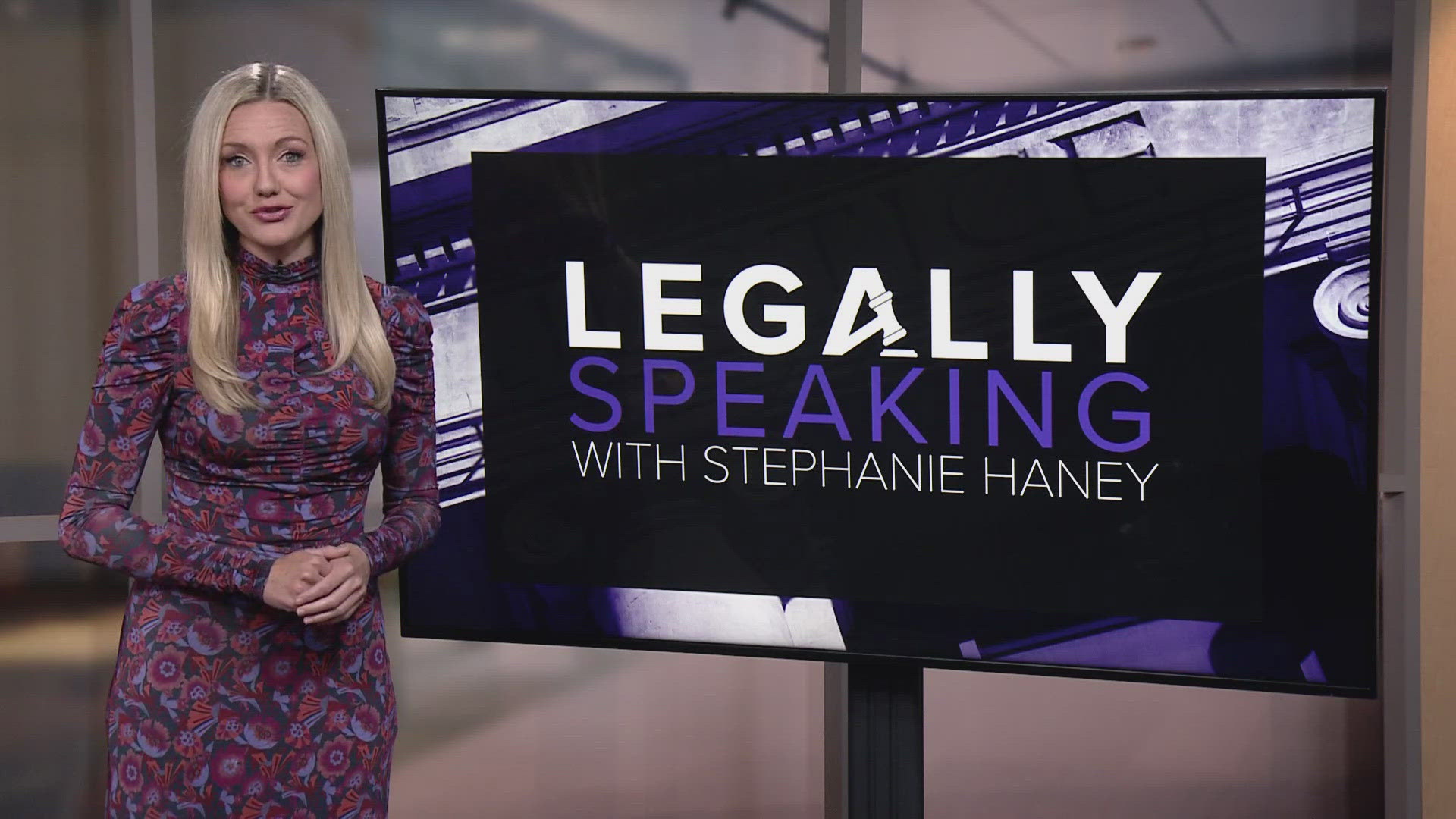CLEVELAND — Legal analysis: The US Department of Justice (DOJ) filed an antitrust lawsuit on Thursday against Ticketmaster and its parent company, Live Nation Entertainment, accusing them of acting as a monopoly.
The DOJ argues that Live Nation has created a monopoly over ticketing and live events through exclusive contracts with venues that require those venues to use Ticketmaster to sell tickets, and that this amounts to illegally suppressing competition.
During a press conference on Thursday, US Attorney General Merrick Garland said, "Ticketmaster can impose a seemingly endless list of fees on fans. Those include ticketing fees, service fees, convenience fees, Platinum fees, price master fees per order fees, handling fees, and payment processing fees, among others."
Garland added that Live Nation's anticompetitive conduct makes it so that “fans pay more in fees, artists have few opportunities to play concerts, smaller promoters get squeezed out, and venues have fewer real choices for ticketing services.”
In 2010, the Federal Trade Commission approved Live Nation buying Ticketmaster, back when Live Nation was already the country’s largest concert promoter and Ticketmaster was the most well- known ticketing service.
The 2010 merger was allowed as long as Live Nation agreed not to interfere with concert venues using other ticket companies besides Ticketmaster for 10 years.
In 2019, however, the DOJ found that Live Nation had not been following that rule, so the non-interference agreement was extended to 2025. At that time, the DOJ called the extension the “most significant enforcement action of an existing antitrust decree by the department in 20 years.”
Now, the DOJ's lawsuit says Live Nation suppresses competition by:
- using long-term contracts to keep venues from using other ticketing services,
- blocking venues from using more than one ticketing seller,
- and restricting artist’s access to venues by demanding they use their promotion services, among other things.
In response to this lawsuit, Dan Wall, the Executive Vice President of Corporate and Regulatory Affairs for Live Nation Entertainment says:
- this lawsuit won’t reduce ticket prices or fees,
- Ticket master’s market shares has actually declined since 2010, due to competition in the live events market,
- that profits show that Live Nation and Ticketmaster don’t have monopoly power,
- and that the lawsuit is a distraction from what would really help customers, like letting artists cap resale prices.
If the lawsuit is successful, Live Nation and Ticketmaster will be forced to separate. Don’t expect that to happen any time soon, though. This lawsuit will likely take years to get to a jury trial.
Ohio is 1 of 29 states, plus the District of Columbia, that has joined the lawsuit.
Stephanie Haney is licensed to practice law in both Ohio and California.
The information in this article and video is provided for general informational purposes only. None of the information in this article and video is offered, nor should it be construed, as legal advice on any matter.

